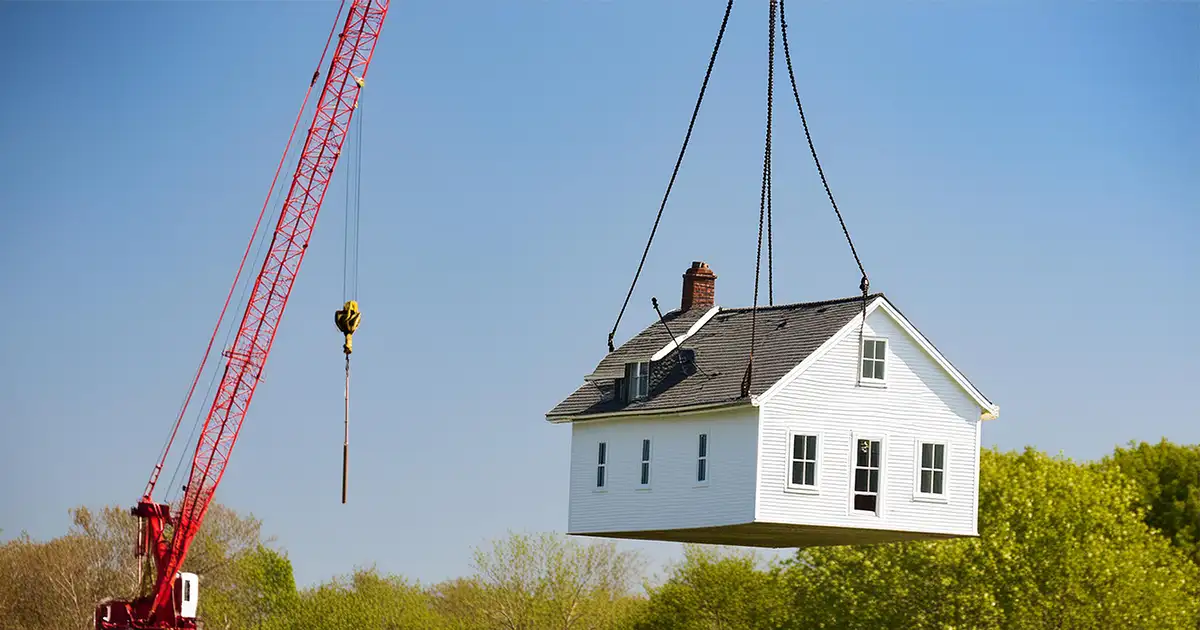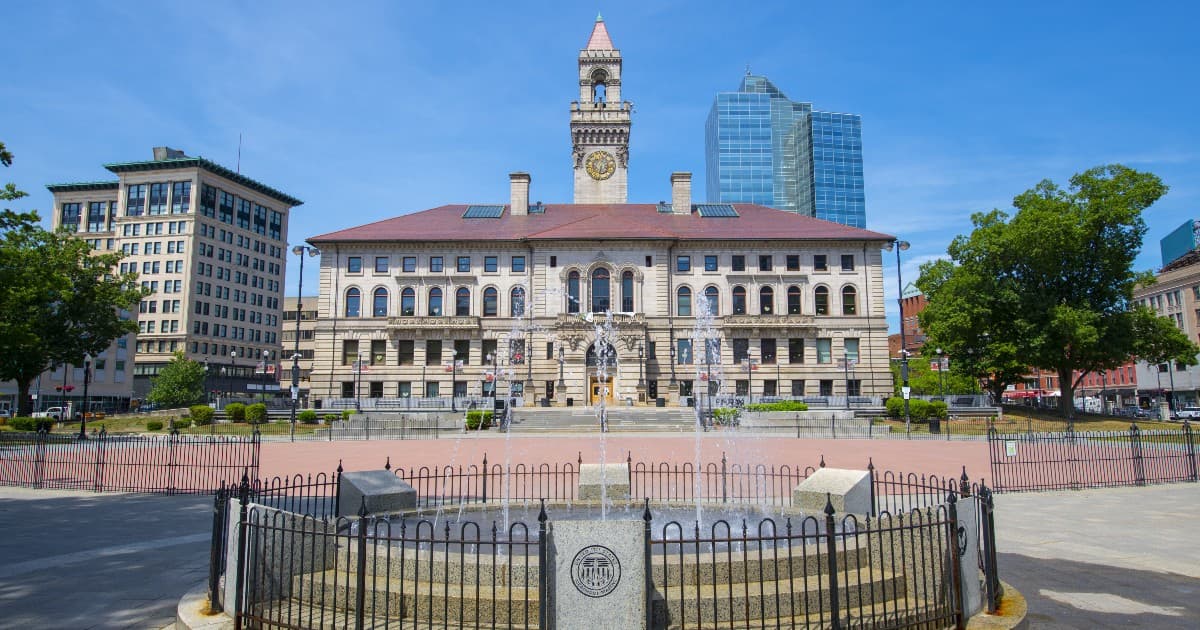BOSTON – The Massachusetts Supreme Judicial Court issued a 4-3 ruling on Thursday that defines a sentence of life without the possibility of parole for anyone under the age of 21 years old at the time the crime was committed as “cruel and unusual punishment.” Article 26 of the Massachusetts Declaration of Rights, the state constitution, and the Eight Amendment to the US Constitution prohibits government from carrying out cruel and unusual punishment
The court’s ruling in this case, Commonwealth v. Sheldon Watts, makes Massachusetts the first of the United States to prohibit life without parole to those under 21.
The decision was in significant part based on the Supreme Judicial Court’s ruling in Diatchenko v. District Attorney for the Suffolk District (2013) and the US Supreme Court’s ruling in Miller v. Alabama (2012).
In Miller, the US Supreme Court ruled that a mandatory sentence of life without parole for individuals under 18 violates the Eight Amendment to the US Constitution’s prohibition against cruel and unusual punishment. The decision said that mandatory life without parole, “precludes a consideration of youth and the circumstances and characteristics attendant to it.” Prior to the Miller decision, multiple states had laws that required minors convicted of first degree murder to serve life without the possibility of parole.
In Diatchenko, the Mass. Supreme Court ruled that a sentence of life without the possibility of parole is cruel and unusual when applied to anyone under the age of 18 in any circumstance.
The Watts case reached the Mass. Supreme Court after the state appealed a Superior Court judge’s decision that said “that emerging adults are ‘less able to control their impulses’ and that ‘their reactions in emotionally (arousing] situations are more similar to those of [sixteen and seventeen year olds] than they are to those [twenty-one to twenty-two] and older.”
In its ruling on Thursday, the Mass Supreme Court considered several scientific studies on adolescence and neurobiological maturity in emerging adults, which it defined as those 18 to 20 years old.
The Court also considered the treatment of emerging adults in other aspects of state law. In one example, the decision noted that the legislature authorizes the Department f Youth Services ” to maintain custody of young people adjudicated as youthful offenders up to twenty-one years of age.” Incarcerated juvenile offenders also remain in the department’s custody until 21 before being transferred to a state prison.
It also cited reforms by the legislature in 2018 that “authorized the Department of Correction and county houses of correction to ‘establish young adult correctional units’ and provide ‘targeted interventions, age appropriate programming and a greater degree of individual attention” for individuals in custody.
The court ruled that life without parole for emerging adults violates Article 26 of the Massachusetts Declaration of Rights, the state’s constitution. Article 26 says:
No magistrate or court of law, shall demand excessive bail or sureties, impose excessive fines, or inflict cruel or unusual punishments.
Life sentences with the possibility of parole does not guarantee release from incarceration. Parole decisions are made through a deliberative process by the Massachusetts Parole Board.









